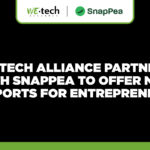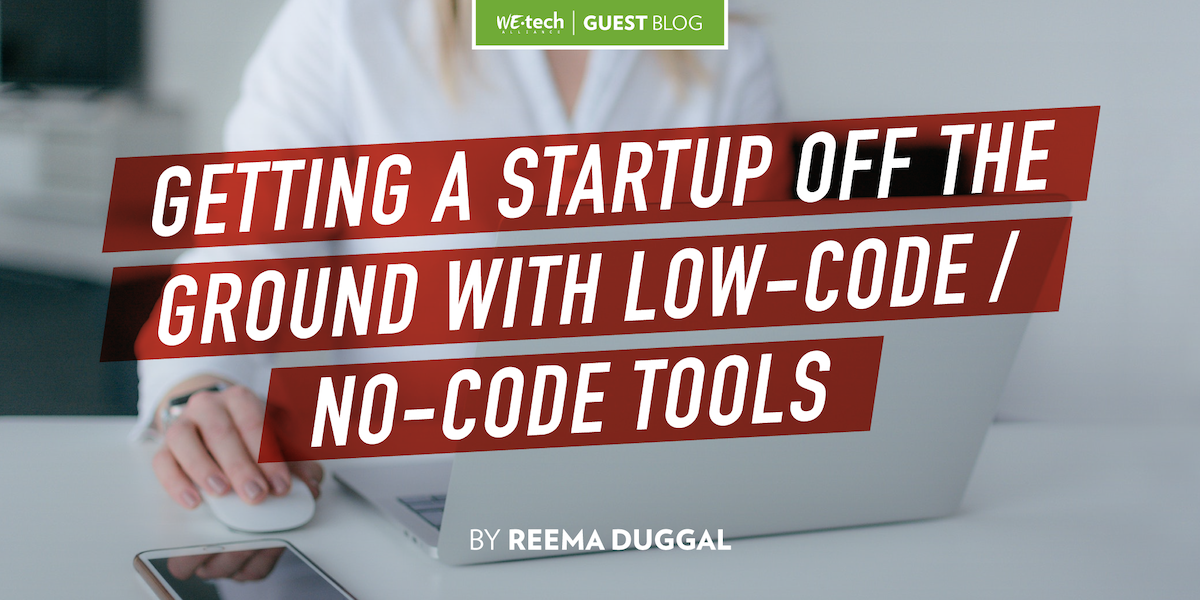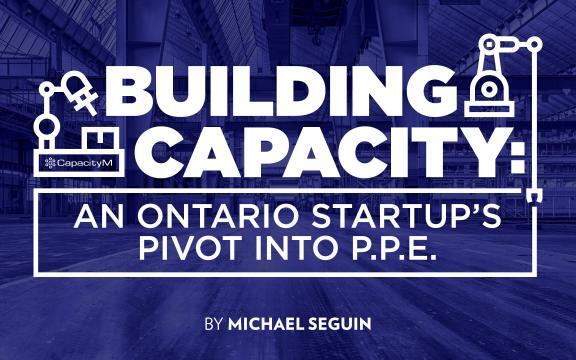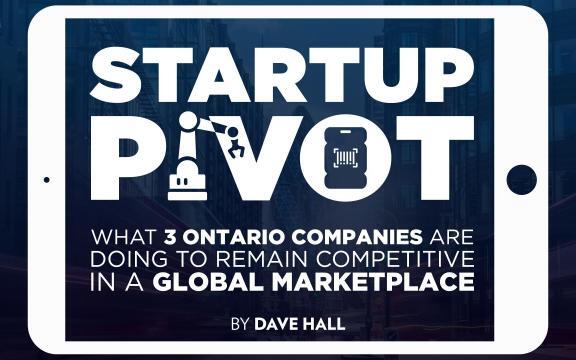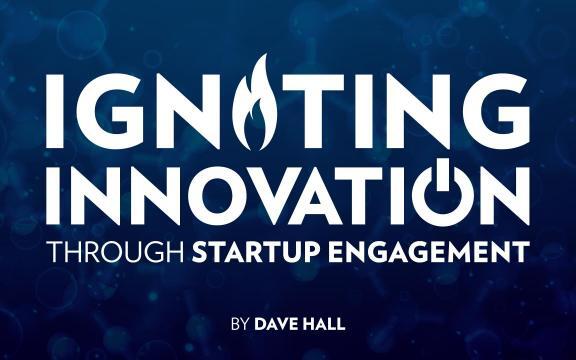What is a Low Code Tool?
Low-code / no-code tools are a type of software development platform that allows Start-up Founders to create business/technology solutions without having to write code.
These platforms are becoming increasingly popular due to their ease of use and ability to quickly create applications, without having to hire software developers to build Minimum Viable Products (MVP’s) and sometimes full-scale applications.
What Can You Build With Them?
Not sure what you can build with low-code / no-code tools? Here are seven examples:
- Membership Sites – sell your services, courses, time to your audience and collect regular payments.
- Online Stores – sell your products around the world.
- Marketplaces – bring buyers and sellers together in your marketplace platform.
- Tracking Systems – track customers, applicants, trainees, volunteers, or donors throughout their journey.
- Event Planning – plan events and manage team tasks to get things done.
- Asset Management – manage digital assets, brand identity, videos, images, anything!
- Business Process Applications – automate your processes and speed up service and payments.
But there are many more possibilities, once you define your requirements and find the right platform.
How Technical Do You Have To Be To Use Low Code / No Code Tools?
Not that technical at all. But you do have to be willing to learn how applications are built and work, including:
- Defining business processes
- Defining user journeys
- Defining the features / functions you need / your users need.
- Defining the data you need / your users need.
- Finding the right application platform.
Great news. That’s exactly what you are going to learn in the Roadmap to MVP Program, a 10-week course designed to help women-identifying tech entrepreneurs accelerate through this milestone.
What Are The Benefits Of Low Code Tools
Low code tools provide a number of advantages over traditional coding. Five advantages are:
- Easier To Learn – Once you understand the data, logic, and presentation layers – it is often straightforward to build your application. You do not have to learn coding languages or program the application. Most low-code / no-code tools provide templates to get started and learn the fundamentals.
- Cost Effective – Many low-code / no-code tools have free starter trials and/or a low monthly starting fee. Usually you can start to build your MVP with an investment of under $100.
- Speed to Market – Think of low-code / no-code tools as something that already has many of the fundamental building blocks built to get an application built. You will configure it with your brand identity, flows, and data. This makes building time much less than traditional software development.
- Require Less Resources in the MVP Stage – You will be the primary resource in building your application. You won’t need software developers at the beginning. Once your MVP is built, launched, and tested in the market – you will have a solid understanding of where you want to go next. Then you can bring in more resources as you scale.
- Pivot Easily – Because of ease of configuration and speed in building, you can change your application as needed once customer/user feedback comes in. You will not have to wait for external resources to be available to you.
Are There Any Limitations of Low Code / No Code Tools?
Low code tools have some limitations. These tools are not suitable for highly complex applications. They are ultimately not as flexible as traditional software development as they require the use of a predefined set of features. Finally, they are limited in terms of scalability.
But they are great for quickly creating applications that you can take to market and test. Even if the application needs to evolve to using traditional software development at a later date, you will have:
- Clearly defined all your requirements
- Built and tested a Minimum Viable Product
- Have the knowledge and expertise to easily work with software developers to take it to the next level
Conclusion
Low-code / No-code tools are a great way to quickly create applications without having to write code. Their advantages will help you get to market in record time. And during this journey you will build a set of skills that will help you grow your business in the long term.
Hope you’ll join us at Roadmap to MVP 2023. Applications are open now until March 24th, 2023.

Reema Ruggal is the Presenter and Facilitator of Roadmap to MVP 2023. Reema is a strategic professional with a long career in the global IT industry; she has expertise in Revenue Generation (Strategy, Marketing, Portfolio Management) and Delivery Management (Practice Leadership, Program and Project Management). She serves as President of The Sitaran Group and Co-Founder of Silicon Halton, a 1500-person community of talented technology freelancers, solo-preneurs, entrepreneurs, and professionals.


